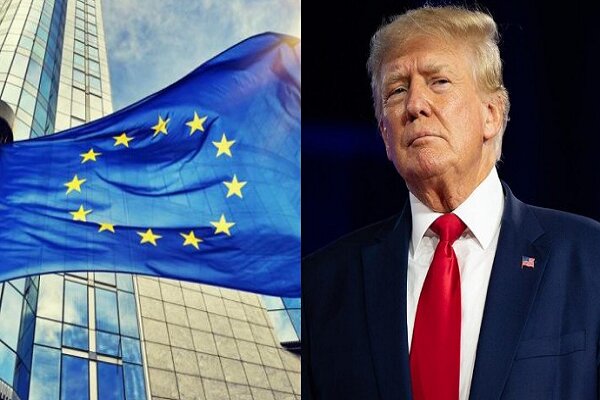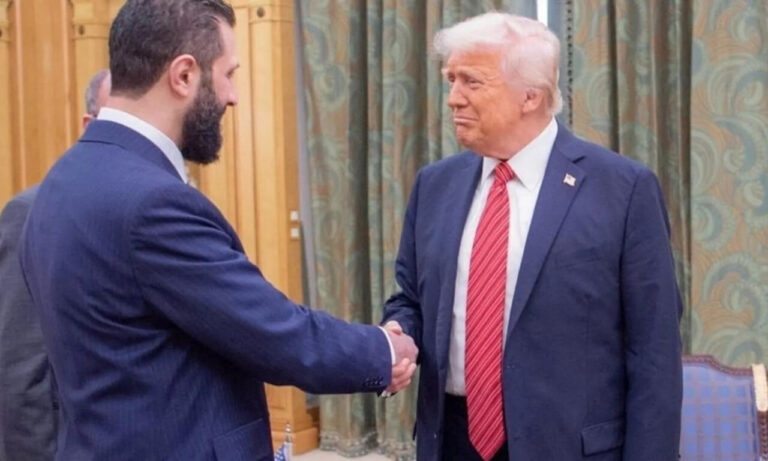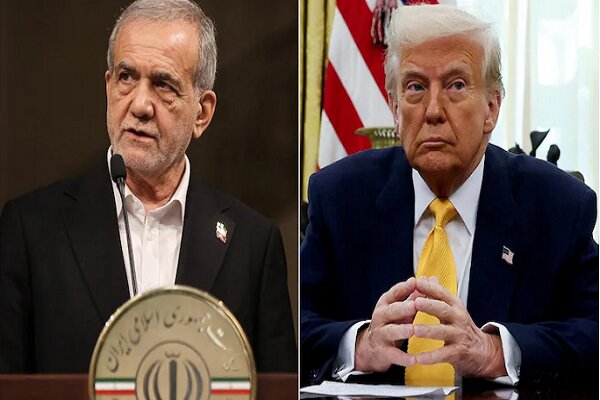EU’s Bold Response to Trump’s Tariff Announcement: Insights from French Foreign Minister
In the ever-evolving landscape of international trade, European nations are urged to assert their interests amid looming tariff threats from the United States. Recent statements from French political figure Barrot highlight the need for a united front against potential economic conflicts. This article delves into the implications of these tariff discussions and the responses they may provoke.
Barrot shared his insights during a recent interview on TF1 television, emphasizing that “European countries should not hesitate to defend their interests in face of potential US tariff threats.” He further warned that initiating a commercial war would ultimately benefit no one, signaling a call for diplomacy over conflict.
Reflecting on past events, Barrot noted, “(Imposing tariffs) is already what Donald Trump did in 2018, and we responded. We will again respond.” His remarks encapsulate the ongoing tension surrounding trade policies between the US and Europe.
As the trade dialogue heats up, former President Donald Trump announced plans to impose new tariffs on steel and aluminum imports. He stated on Sunday that he would be implementing a hefty 25-percent tariff on these essential materials, with an official statement expected to follow on Monday.
Moreover, Trump hinted at introducing “reciprocal tariffs” by Tuesday, aimed at aligning US tariffs with those of its trading partners. This move is seen as a strategy to create a more balanced trade environment, though it raises concerns about potential retaliatory measures from affected countries.
- Background: Tariffs have been a contentious issue in international trade, often leading to escalations in trade wars.
- Europe’s Position: European nations are encouraged to prepare for possible trade disputes and consider their responses carefully.
- Potential Consequences: The introduction of tariffs could lead to increased prices for consumers and strained economic relationships.
The timeline for these newly proposed tariffs raises questions about their immediate impact on European economies and industries reliant on American steel and aluminum. Analysts suggest that if these tariffs are enacted, we could witness a ripple effect across various sectors, affecting everything from construction to manufacturing.
Furthermore, the looming threat of tariffs places pressure on European leaders to respond strategically. They must weigh the benefits of retaliating against potential economic fallout. Barrot’s assertion that “we will again respond” indicates a readiness among European nations to counteract any unilateral actions taken by the US.
In light of these developments, it is crucial for European countries to engage in discussions regarding trade policies and coordinate their responses. Potential retaliatory measures could include:
- Implementing counter-tariffs on US goods.
- Enhancing negotiations for trade agreements with other global partners.
- Strengthening cooperation within the European Union to present a unified front.
The stakes are high, as the balance of global trade is at risk. European countries must navigate these challenges carefully to safeguard their economic interests while fostering a collaborative international trading environment. The potential for a trade war is a reality that cannot be ignored, and proactive measures will be essential to mitigate its effects.
As the situation unfolds, all eyes will be on the announcements from Trump and the subsequent reactions from European leaders. The global economy is interconnected, and decisions made in this context will have lasting implications for years to come.
In conclusion, the call for European nations to defend their interests is more pertinent than ever. As the US prepares to unveil new tariffs, the response from Europe will be pivotal in shaping future trade relations. Whether through diplomacy, retaliatory tariffs, or collaborative strategies, the outcome will undoubtedly influence the global economic landscape.






